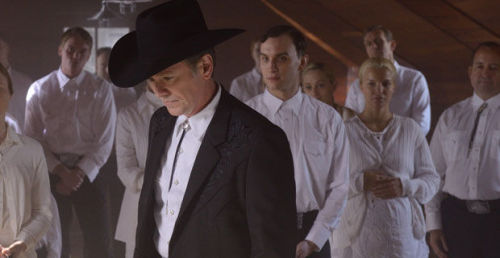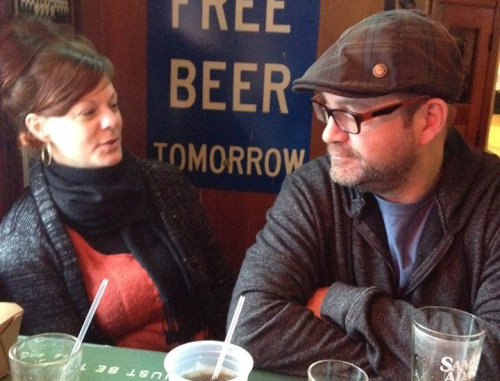#cosima herter
Although she’s an atheist, Herter is especially critical of the science-religion duality that’s emerged in Western culture. “That they are somehow two different magisterial domains that can’t cross each other is just so fundamentally untrue.” Many early scientific practices emerged from religion, and even now “many, many scientists also have deep-seated beliefs, right? Some things they are driven to look for and to contemplate and investigate come out of these kinds of questions, like ‘what does it mean to be you?” She understands the issues, “especially as somebody who is not religious, who is very much an atheist. At the end of the day I will put my faith in science more than I will put my faith in god, but I will also recognize that it doesn’t have all the answers.”
Religion has, as its critics say, wrought intolerance and violence, but “we are equally and often as oppressed and exploited and done violence to by science. We forget that anything that we give explicit and uncontrollable authority to has a power to be oppressive and violent and is often used for these purposes. Science is not neutral and we endow it with authority by calling something that is science neutral because then you give it a power to be whatever anybody wants it to be. You’ve invested it with its own supernatural status.”
I agreed. “The thing that fascinates me as a complete layperson about science,” I said, “is that the moment a scientific concept turns out to be untrue, it is no longer science. So science has a built-in way of sidestepping accountability for mistakes made in its name.”
She noted the tension between science as “a set of methodologies that we practice” and science as an epistemological framework…
One of my favorite parts of the conversation(s) I had with Cosima Herter,orphanblack’s super-smart science advisor.
Post link
I’m enjoying these (inspired by “Science, Chance, and Emotion with Real Cosima,” my profile of the show’s science advisor, Cosima Herter):
“BBC America’s Orphan Black seems so immediate, so plausible, so unfuturistic,that Cosima Herter, the show’s science consultant, is used to being asked whether human reproductive cloning could be happening in a lab somewhere right now. If so, we wouldn’t know, she says. It’s illegal in so many countries, no one would want to talk about it. But one thing is clear, she told me, when we met to talk about her work on the show: in our era of synthetic biology — of Craig Venter’s biological printer and George Church’s standardized biological parts, of three-parent babies and of treatment for cancer that involves reengineeredviruses— genetics as we have conceived of it is already dead. We don’t have the language for what is emerging.”
I learned so many fascinating and scary things from Orphan Black’s Cosima Herter.
Post link
“Cosima Herter is so embedded in the fabric and ideas of the show that colleagues call her ‘Real Cosima,’ to distinguish her from Cosima Niehaus, the clone character she inspired. Like the show’s characters, like so many of us in this culture that seeks to decode our genes in an effort to predict and guide our futures, Herter is interested in the meeting of science, genetics, and chance.” Maud Newton, Science, Chance and Emotion with the Real Cosima
I spoke with Orphan Black’s brilliant science advisor, Cosima Herter – “Real Cosima” – about so many things, including feelings, philosophy, Darwin, “the yay, science bandwagon,” cartoonish depictions of scientists, and how she came to be intimately involved in the science and politics of the show.
Post link



